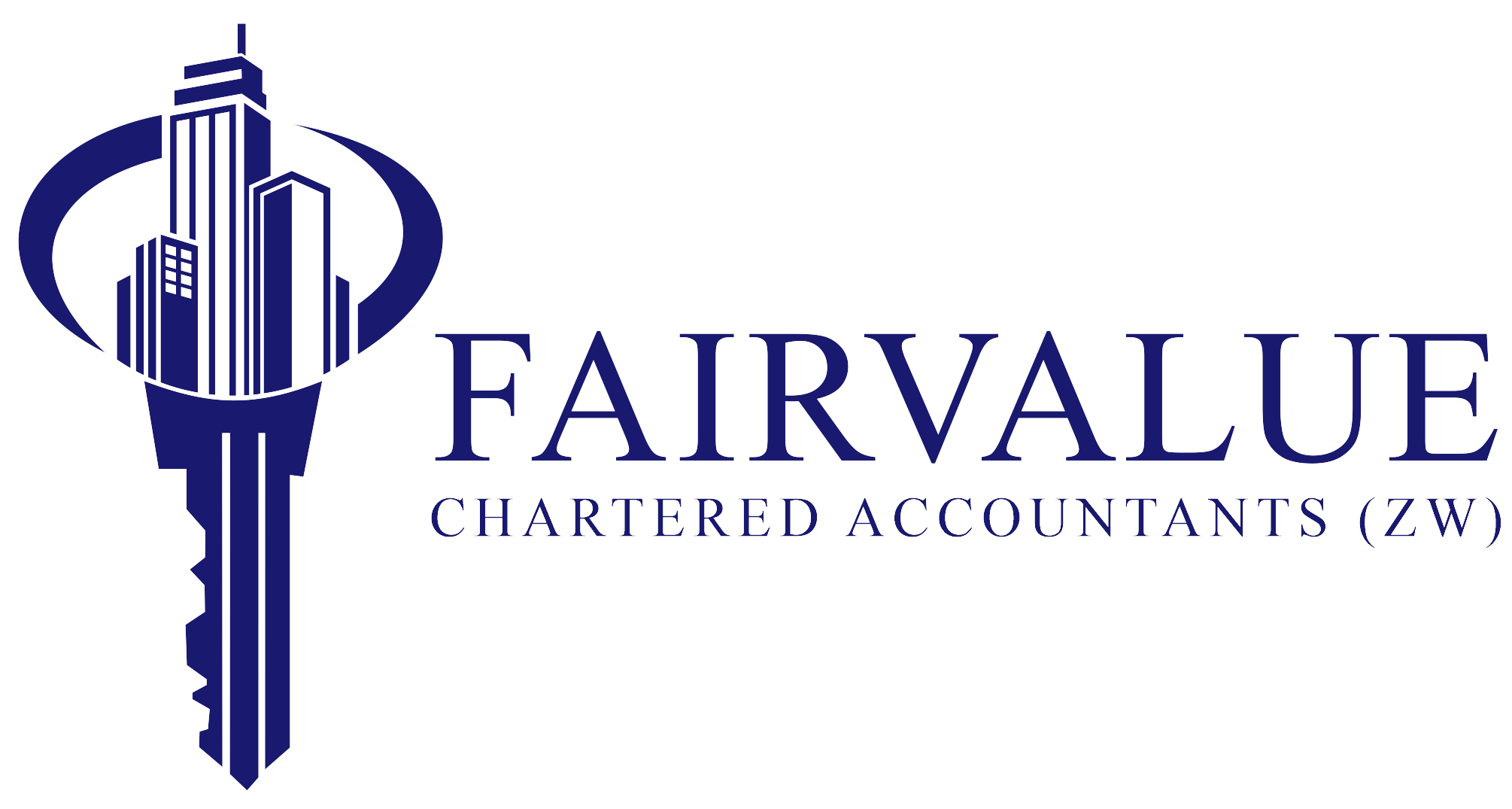In today’s competitive and fast-paced business environment, financial integrity is non-negotiable. Fraudulent activities, mismanagement, and errors can have devastating consequences, both financially and reputationally. Forensic auditing provides a reliable and robust solution for detecting and addressing these issues before they spiral out of control.
What is Forensic Auditing?
Forensic auditing involves an in-depth examination of financial records to identify discrepancies, fraud, or non-compliance. Unlike traditional audits, forensic audits are investigative, focusing on uncovering irregularities and providing actionable insights that can hold up in legal proceedings.
Common Financial Risks and How to Detect Them
From embezzlement and payroll fraud to false invoicing, businesses face numerous threats to their financial health. Forensic auditors use advanced tools and techniques such as data analytics and forensic accounting software to identify suspicious patterns or anomalies in transactions.
Real-Life Success Stories
Consider the case of a mid-sized company that discovered employee fraud amounting to thousands of dollars. Through a forensic audit, the fraudulent scheme was not only uncovered but also led to legal recourse and strengthened internal controls, saving the company from further losses.
Proactive Steps for Businesses
- Regularly conduct internal audits and reviews.
- Train employees to identify red flags in financial processes.
- Invest in professional forensic auditing services to ensure objectivity and expertise.
Conclusion
Forensic auditing is more than a safety net; it’s an essential component of modern business strategy. By prioritizing financial transparency and integrity, businesses can foster trust, mitigate risks, and build a secure future.

